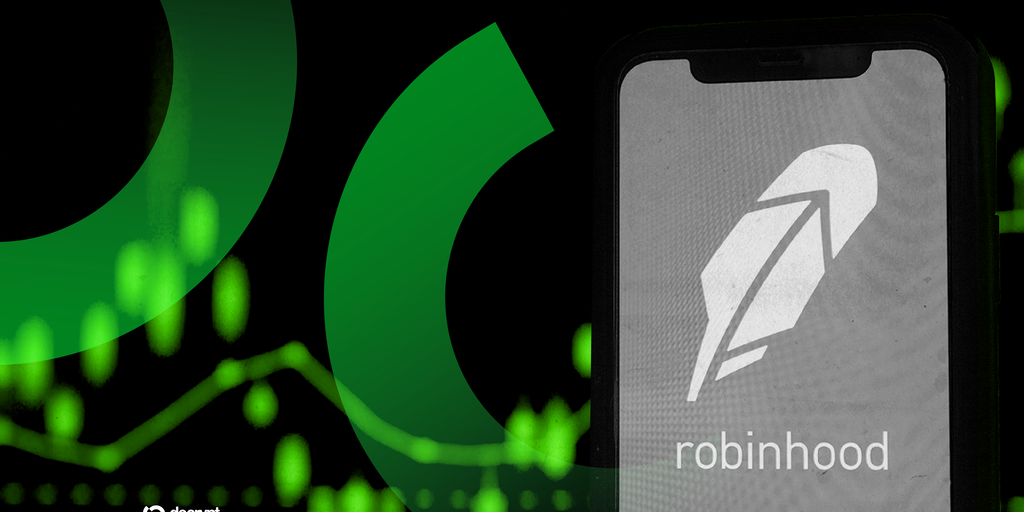
Robinhood’s recent announcement of tokenized stock giveaways for OpenAI and SpaceX has sparked significant controversy. The trading platform revealed digital tokens tied to the equity of these high-profile companies, but OpenAI quickly denied any involvement, stating that the tokens do not represent real equity and that no transfer of shares was approved. This move has drawn criticism not only from OpenAI but also from within the decentralized finance (DeFi) community.
Elon Musk, CEO of SpaceX and a co-founder of OpenAI, added fuel to the fire by labeling OpenAI’s equity as “fake.” His comments come amid a broader debate over the legitimacy and transparency of Robinhood’s tokenized stocks, which are set to launch on the Ethereum layer-2 scaling network, Arbitrum. According to Robinhood, these tokens offer investors “indirect exposure to private markets.”
OpenAI’s Strong Rebuttal
OpenAI was quick to distance itself from Robinhood’s initiative. In a post on social media platform X, OpenAI stated, “We did not partner with Robinhood, were not involved in this, and do not endorse it. Any transfer of OpenAI equity requires our approval—we did not approve any transfer.”
This public disavowal highlights the contentious nature of tokenizing equity in companies that are not publicly traded. OpenAI’s stance is clear: the tokens do not equate to ownership or any direct stake in the company.
Elon Musk’s Critique
Adding to the controversy, Elon Musk, who parted ways with OpenAI in 2018, responded to OpenAI’s statement with a blunt remark: “Your ‘equity’ is fake.” Musk’s history with OpenAI and his current role as CEO of SpaceX place him at the center of this unfolding drama.
Understanding Tokenized Stocks
Robinhood’s tokenized stocks are designed to give retail investors access to private markets by offering a digital representation of equity. However, these tokens do not confer the same rights as traditional stocks, such as ownership of the underlying asset or voting rights. Instead, they are tokenized contracts that track the price of the stocks, recorded on a blockchain.
Robinhood’s spokesperson explained, “These tokens give retail investors indirect exposure to private markets, opening up access, and are enabled by Robinhood’s ownership stake in a special purpose vehicle.”
Investor Reactions
While some investors have pushed back on OpenAI’s response, arguing that the tokens still provide legitimate exposure to the company, others remain skeptical. Investor Amit Kukreja noted, “All Robinhood did was establish a token that tracks the valuation of OpenAI on private markets. You are not literally buying shares in those companies, but shares are just certificates; the digital representation of those assets is all that matters.”
Legal and Regulatory Challenges
The legal landscape surrounding tokenized stocks is fraught with challenges. Kurt Watkins, founder of U.S.-based firm Watkins Legal, warned that Robinhood’s offering would likely be “commercially unviable” in the U.S. due to its lack of transparency and legal ambiguity.
“Robinhood’s OpenAI tokenized equity product would face severe SEC scrutiny in the U.S. due to its fundamentally opaque SPV structure that obscures critical investor protections,” Watkins said. “Crucially, there is no guarantee the tokens will actually track OpenAI’s price since they lack meaningful underlying rights and could face liquidity issues.”
Watkins further explained that OpenAI’s explicit disavowal exposes the illusory nature of the investment, potentially violating securities laws designed to prevent misleading financial products.
Criticism from the DeFi Community
Criticism has also emerged from the DeFi community, with Ren, a partner on Electric Capital’s investment team, describing Robinhood’s tokenized contracts as a “walled garden.”
“Just decompiled Robinhood’s tokenized stock contracts. It’s a walled garden, every transfer checks a registry of approved wallets (KYC/AML),” Ren tweeted. “It’s unlikely these tokens can interact with DeFi. It’s very possible CeFi with distribution just outcompetes existing DeFi protocols.”
This sentiment underscores concerns that centralized finance platforms like Robinhood may gain an upper hand, not through innovation, but by controlling user onboarding and distribution.
Future Implications
The controversy surrounding Robinhood’s tokenized stocks raises important questions about the future of digital asset trading and the intersection of traditional finance with blockchain technology. As regulatory bodies scrutinize these offerings, the outcome could shape the landscape for tokenized equity products.
For now, Robinhood and OpenAI remain at odds, with both companies declining further comment. As the debate continues, the financial world watches closely, anticipating the potential ramifications for investors and the broader market.





